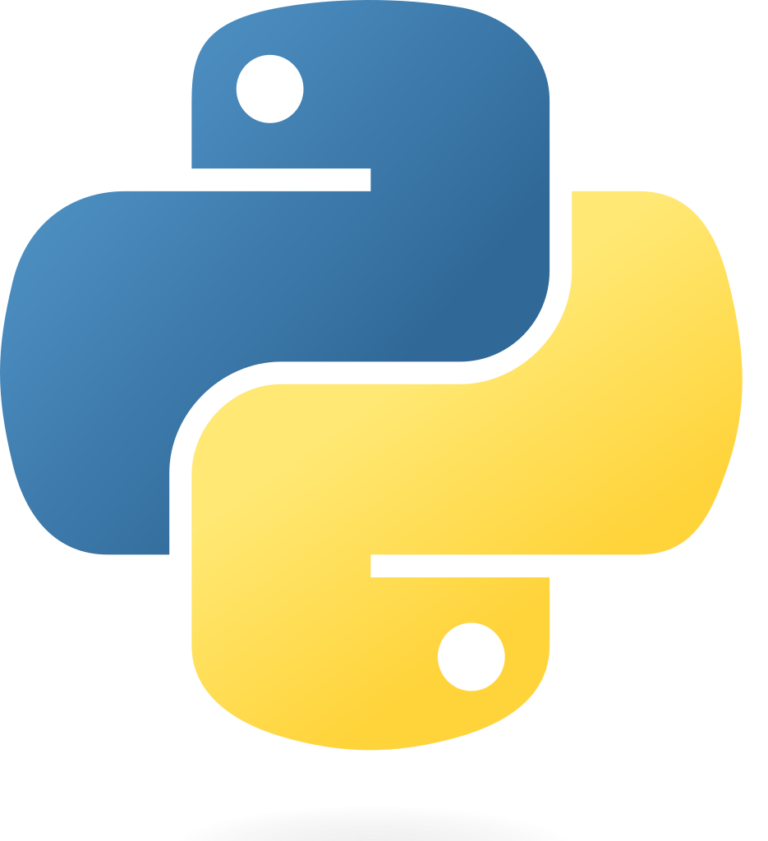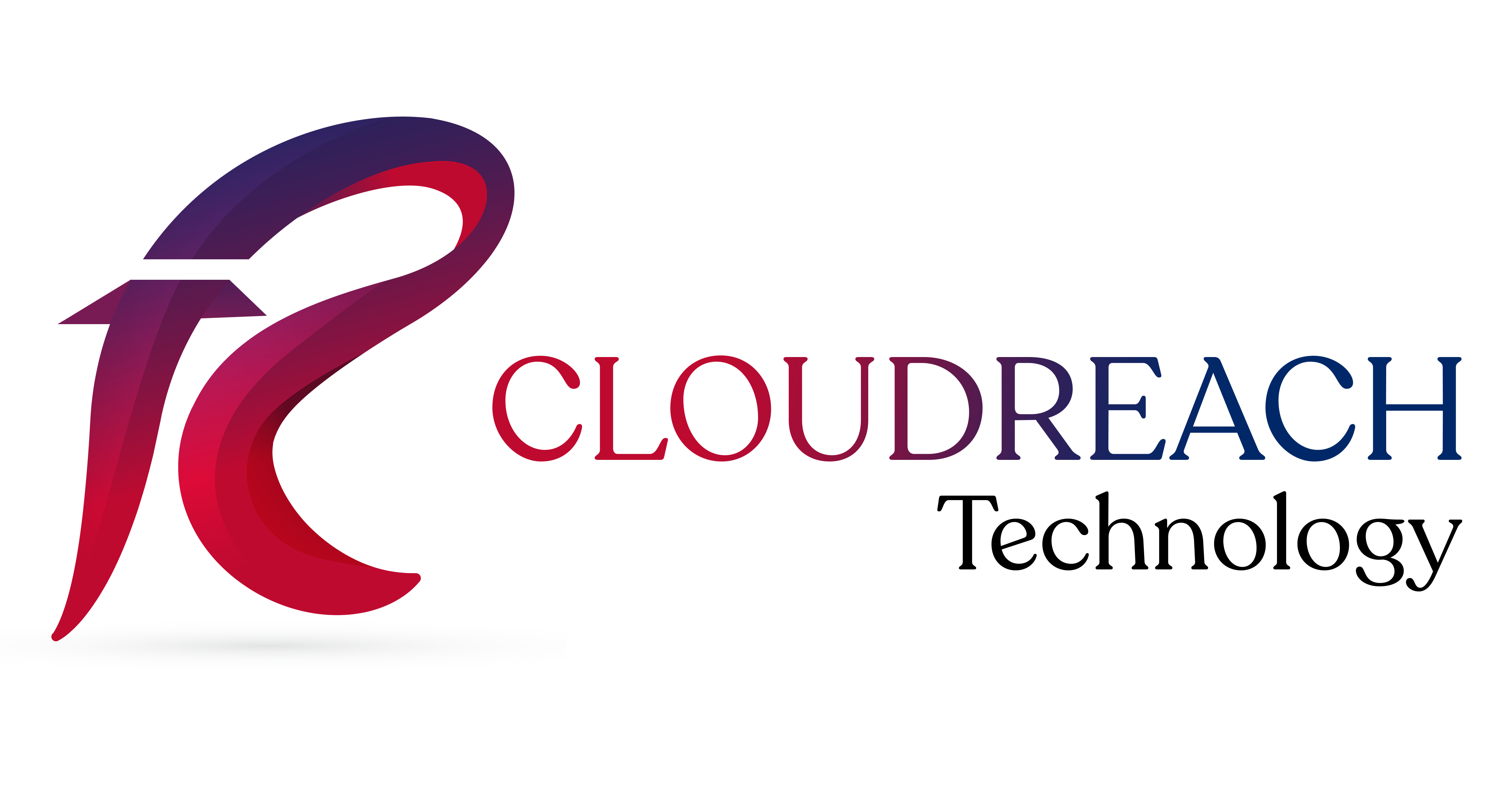Python
What exactly is Python?

Python Certification Course Overview
A typical introductory Python programming course will teach students the basic concepts of object-oriented programming and Python syntax. Some Python trainings will likely cover “hello world,” variables, data types, fundamental algorithms, and debugging Python code, among other topics.
Once experienced programmers have mastered the fundamentals of Python, they can move on to intermediate and advanced Python instruction. A more comprehensive Python course may cover:
- Performing data analysis using modules such as pandas and NumPy.
- Visualization of data with matplotlib or Seaborn.
- Scikit-Learn, Keras, SciPy, PyTorch, and TensorFlow for machine learning.
- Nltk-based natural language processing.
Besides advanced Python programming lessons will cover topics including decorators, regular expressions, web application interfaces using Django and Flask, and statistical analysis.
Free Career Counselling
Ready to upskill?
Explore Python job opportunities
Python talents can lead to a variety of careers, ranging from tech roles to data positions in other industries. There are Python positions in numerous fields, including analytics, marketing, research, communications, and more.
Jobs involving Python include :
- Python Developer
- Data Scientist
- Machine Learning Engineer
- Full Stack Developer
- Data or Quantitative Analyst
- Technical Writer
There may be a requirement for a few years of Python programming experience for entry-level positions, but open-source contributions and brief course work are viable alternatives.
A coding boot camp or bachelor’s degree in computer science or data science may be suitable for those interested in continuing a Python career that necessitates formal training. In addition, a master’s degree in computer science, analytics, or data science might offer an option for students seeking to change disciplines or become experts.
Import modules at the beginning of the file, which clarifies which modules your code needs. Use one import each line.
It is common practice to install modules in a particular sequence:
1) standard library modules
2) third-party library modules
3) locally-developed modules
You should only move imports into a local scope to address a problem, such as preventing a circular import or reducing the installation time of a package.
2) Kivy: Kivy is a Python and Cithon-based multi-platform GUI library for desktop operating systems and mobile devices. It is a free, open-source software licensed under the MIT terms.
3) Gtk+: The Python GObject introspection bindings enable the development of GTK+ 3 applications.
4) wxWidgets: wxWidgets is a free, portable C++ GUI library. wxPython is the Python binding for wxwidgets, and it provides a number of features using pure Python extensions that are unavailable in other bindings.



